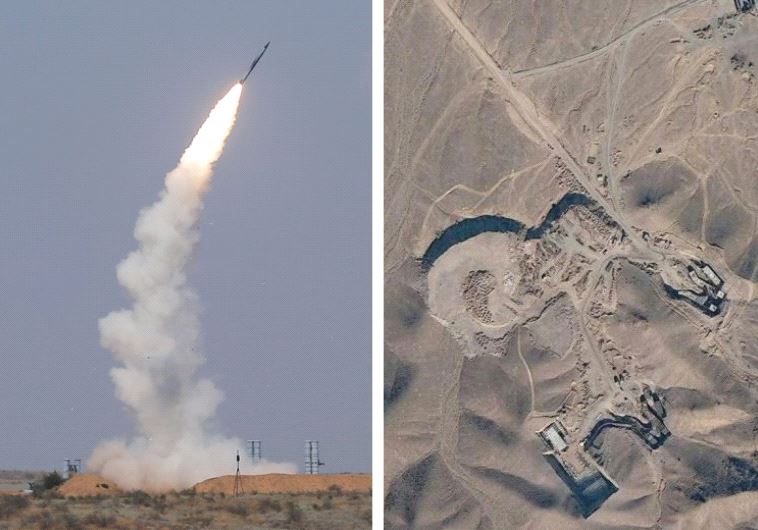'Iran's rapid deployment of S-300 to Fordow reveals importance of site'
Senior defense expert Tal Inbar: This is a boost to Iranian confidence; Iran could try to mobilize additional batteries in Syria or Lebanon.
 S-300 air defense system (L) and Iran's Fordow nuclear plant (photo credit: GOOGLE/REUTERS)Updated:
S-300 air defense system (L) and Iran's Fordow nuclear plant (photo credit: GOOGLE/REUTERS)Updated: